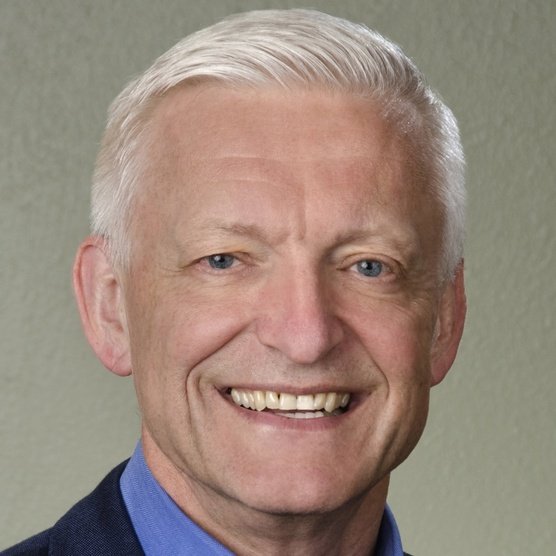Miles Kahler is senior fellow for global governance at the Council on Foreign Relations in Washington, DC, and distinguished professor at American University’s School of International Service. Previously, he was Rohr professor of Pacific international relations and distinguished professor of political science at the University of California (UC), San Diego’s School of Global Policy and Strategy and in the political science department.
Kahler is a member of the editorial boards of International Organization, Global Governance, and Global Summitry. He has been a fellow at the Woodrow Wilson International Center for Scholars (2012–2013) and the Center for Advanced Study in the Behavioral Sciences at Stanford University (2007–2008). He was senior fellow for international political economy at the Council on Foreign Relations in New York (1994–1996).
He has published widely in the fields of international politics and international political economy, including articles and books on global governance, international financial institutions, and Asia-Pacific regionalism. His current research projects include the development of institutions of complex global governance, the role of emerging economies in world politics and global governance, and the sources of cosmopolitanism and parochialism in contemporary politics.
 Online Store
Online Store
